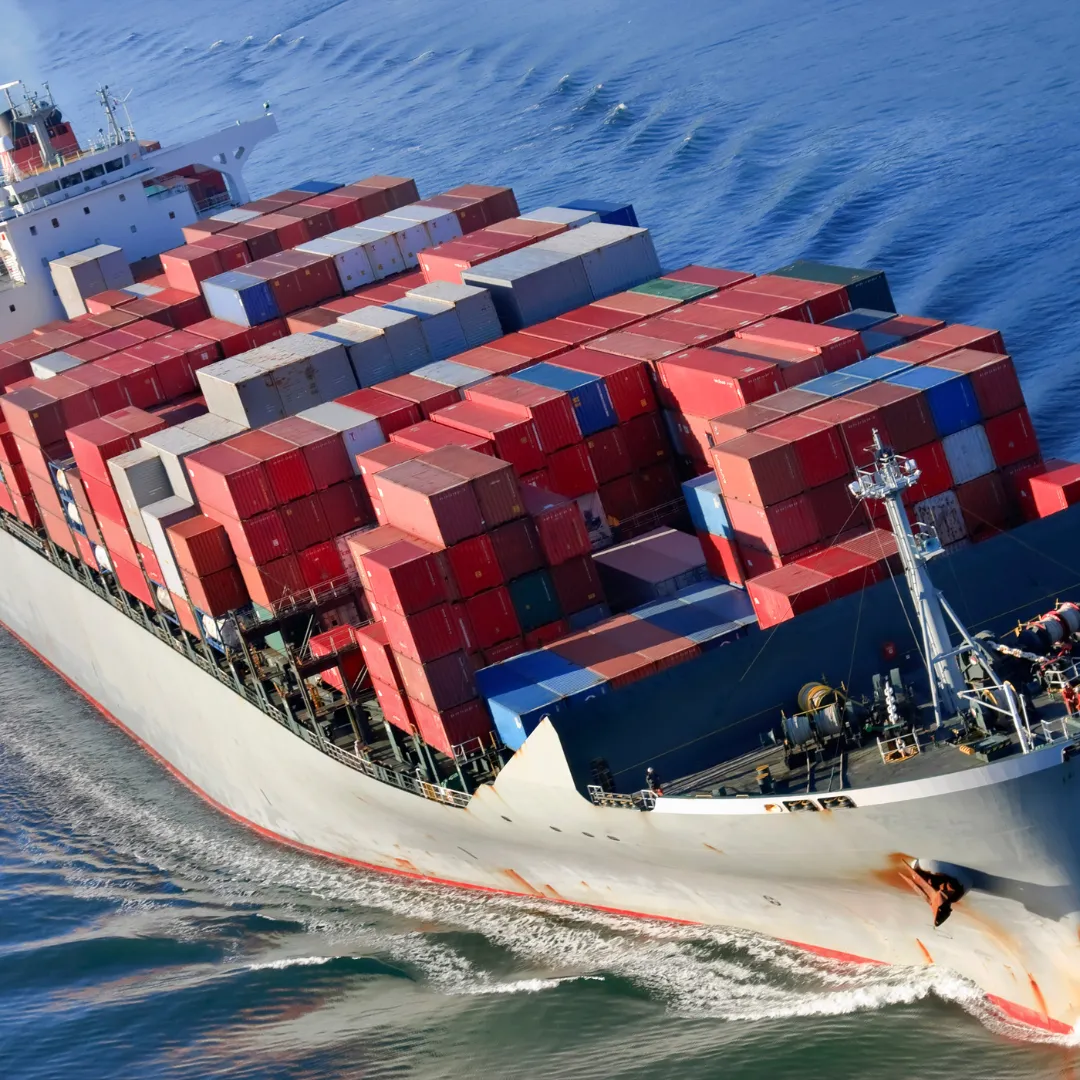
Welcome to Consult Kriba Blog

How Indian MSME Exporters Can Stay Calm When Ships Sink or Catch Fire
How Indian MSME Exporters Can Stay Calm When Ships Sink or Catch Fire
Consult Kriba – 14 June 2025
1. Why This Matters Right Now
Since early 2024 a string of ship sinkings, fires and collisions has shaken global sea-freight. Every headline brings two hidden problems for small exporters: costs jump overnight and buyers start worrying about late deliveries.
2. The Big Accidents Everyone’s Talking About
MSC Elsa 3 – 24 May 2025, Arabian Sea
Listed badly, went down off Kochi with 640 containers and bunker fuel. An oil slick is now drifting toward Kerala beaches. (gcaptain.com, timesofindia.indiatimes.com)Torvang – 23 May 2025, Norway
Capsized right at the quay after loading gravel; crew swam ashore. (shipwrecklog.com)Orita & tanker Mia collision – 7 Mar 2025, Marmara Sea
Container ship hit an anchored tanker, holed a ballast tank and let contaminated water leak. (shipwrecklog.com)Key Bridge collapse – 26 Mar 2024, Baltimore (ship Dali)
A total blackout sent the vessel into a bridge pier; the port was crippled for weeks. (en.wikipedia.org)Felicity Ace – Feb 2022, mid-Atlantic
Fire burned 13 days before the car carrier sank with ≈4 000 luxury vehicles. (cbsnews.com)Dozens more, from typhoon-driven groundings in Taiwan/Philippines (2024) to chemical-cargo fires off Sri Lanka. Even though total losses have fallen to a record low of 27 ships in 2024 (Allianz Safety & Shipping Review), the value—and the knock-on effects—keep going up. (commercial.allianz.com)
3. What Exporters Actually Feel
Higher freight and insurance bills – A Cape-of-Good-Hope detour can add up to US $1 million in extra fuel on one Asia-Europe round trip, and carriers pass that cost to shippers. (allthingssupplychain.com, rivieramm.com)
Longer voyages and missed deadlines – Red Sea diversions add 7–20 days to transit time, sometimes more. (reuters.com, imf.org)
Cash-flow squeeze – Payment clocks (DA/DP terms) start only when cargo lands; every extra week locks up working capital.
Spoilage risks for perishables – Seafood, flowers or temperature-sensitive pharma can become total write-offs if stuck mid-route.
Buyer nervousness – One failed delivery can bump an MSME off a retailer’s approved-vendor list.
Extra paperwork – Big accidents trigger tighter haz-cargo checks and higher pollution bonds at Indian ports.

4. Seven Shields to Keep Your Business Afloat
Buy airtight insurance
Marine-cargo with fire, piracy and war extensions.
Trade-credit cover so you still get paid if the shipment never arrives.
Split your routes and carriers
Use two Indian gateways (e.g., Nhava Sheva and Tuticorin) and at least two shipping lines.
Ask your forwarder today for an alternate quote via Jebel Ali or a Cape detour.
Track in real time
Free AIS apps (MarineTraffic) send delay alerts; hook them to a Google Sheet that auto-emails your buyer if ETA slips by 48 hours.
Strengthen contracts
Where buyers agree, sell FOB instead of CIF so the transit risk (and insurance cost) shifts to the buyer earlier.
Add an ICC-style force-majeure clause that names route closures, sinkings and typhoons.
Keep buffers—stock and cash
Hold one-to-two weeks of key inventory in a regional 3PL near your main customer.
Tap the Interest Equalisation Scheme or ECGC factoring to plug short-term cash gaps.
Lean on government & industry help
ECGC now settles MSME claims online in about 30 days.
Export promotion councils share risk alerts and can lobby carriers for fair slot access.
Run a quarterly “what-if” drill
Pick your last ten shipments and ask, “What if that vessel sank?”
Document the replacement steps, financing needs and buyer communications before a real disaster strikes.
5. Quick-Fire Fixes to Memorise
Freight spikes? Budget a 20 % buffer and lock a six-month rate cap with your forwarder.
Vessel delay? Tell the buyer first, show tracker proof, and offer to air-freight a partial order.
Cargo lost? File the insurance claim within 30 days and ship replacements from your buffer stock.
Cash crunch? Draw on post-shipment credit or stretch supplier terms by 15 days.
New rules? Stay glued to EPC circulars and update your safety-data sheets the same week.
6. Final Thought
You cannot predict the next fire or shipwreck—but you can make sure a single accident never sinks your company. Show buyers that you’ve planned for the worst and they’ll trust you with the biggest orders, storms and all.
Stay safe, ship smart, keep exporting.